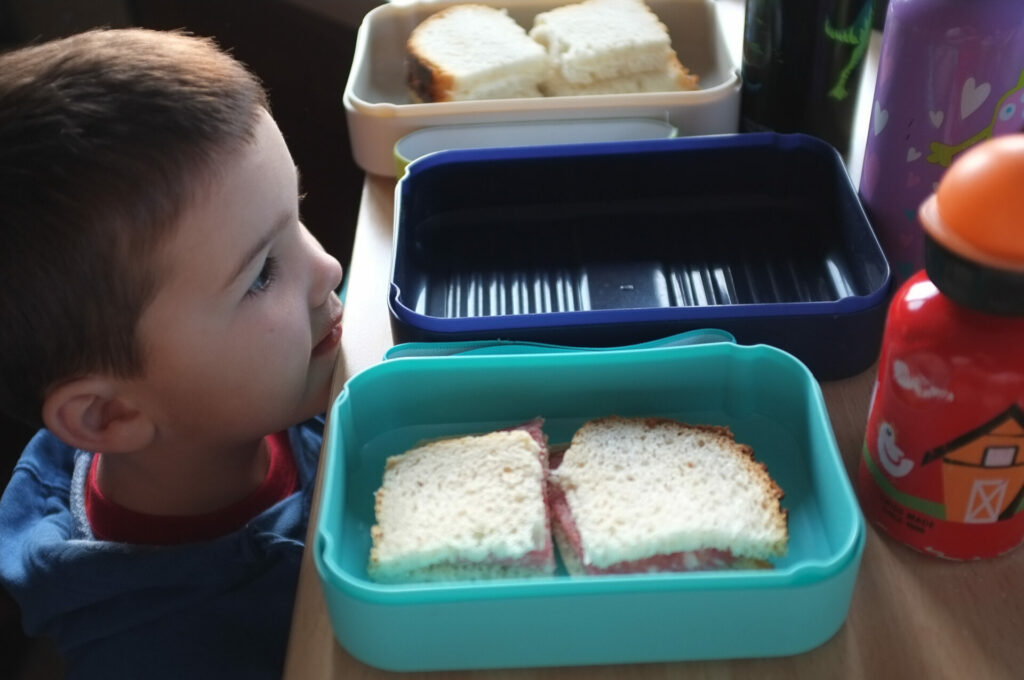An "alarming" number of children in Flanders – double compared to 20 years ago – are growing up in poverty, which has major consequences for their development.
Almost 25,000 babies and toddlers up to the age of three grow up in poverty in Flanders, according to figures from the child health agency for the region Opgroeien, reported on by De Morgen. This figure represents almost 13% of children in that age group and more than double the number recorded two decades ago. Experts have called it an "alarming evolution."
"In those first thousand days of a life, the foundations for maths and language development are laid," said Noël Slangen, president of the Child Poverty Fund.
"It's like preparing a hard disk. Language development, for example, is 80% behind after those thousand days. A child growing up in poverty is already two months behind a child from a middle-class family on their first birthday. By the time the child is three years old, that lag could be as much as ten months."
Housing, health and parents
For the past 20 years, Opgroeien has collected data to understand how many children are growing up in poverty. Social workers from its Kind & Gezin branch visit more than 98% of all Flemish families after the birth of a child.
The conditions in which the child grows up are scored on six indicators: disposable monthly income, education and employment situation of the parents, stimulation level, housing and health. If a child scores poorly on at least three, they are considered at risk of poverty.
The figures contradict the promise made by former Anti-Poverty Minister Liesbeth Homans of the right-wing party N-VA in 2014, who vowed to halve child poverty by 2020. Instead, she disbanded several scientific bodies that conducted poverty research.
Flemish Minister-President Jan Jambon (N-VA) responded that the Opgroeien figures on child poverty are "not very suitable to indicate any failure of the policy." He argued that they only "indicate that many children are growing up in a less promising environment," but Homans' cuts have led to a shortage of figures.
Related News
- Brussels has largest gender employment gap in Belgium
- Belgium takes steps to help vulnerable mothers during and after pregnancy
The current Flemish Anti-Poverty Minister Benjamin Dalle did note that more needs to be done, earmarking €8 million for this purpose. The left-wing Vooruit party has accused the Flemish Government of inaction. It stressed that the government must ensure that every child gets an equal start if poverty is to be tackled structurally, instead of being passed on from generation to generation.
The party pointed to research by Hiva-KULeuven and HoGent published on Monday which again showed that affordable school meals are a strong means of fighting child poverty.
It found that preschoolers who received a free hot meal and who were taught about food had better knowledge of healthy eating and that their participation in class increased, as well as their well-being and attendance at school.

